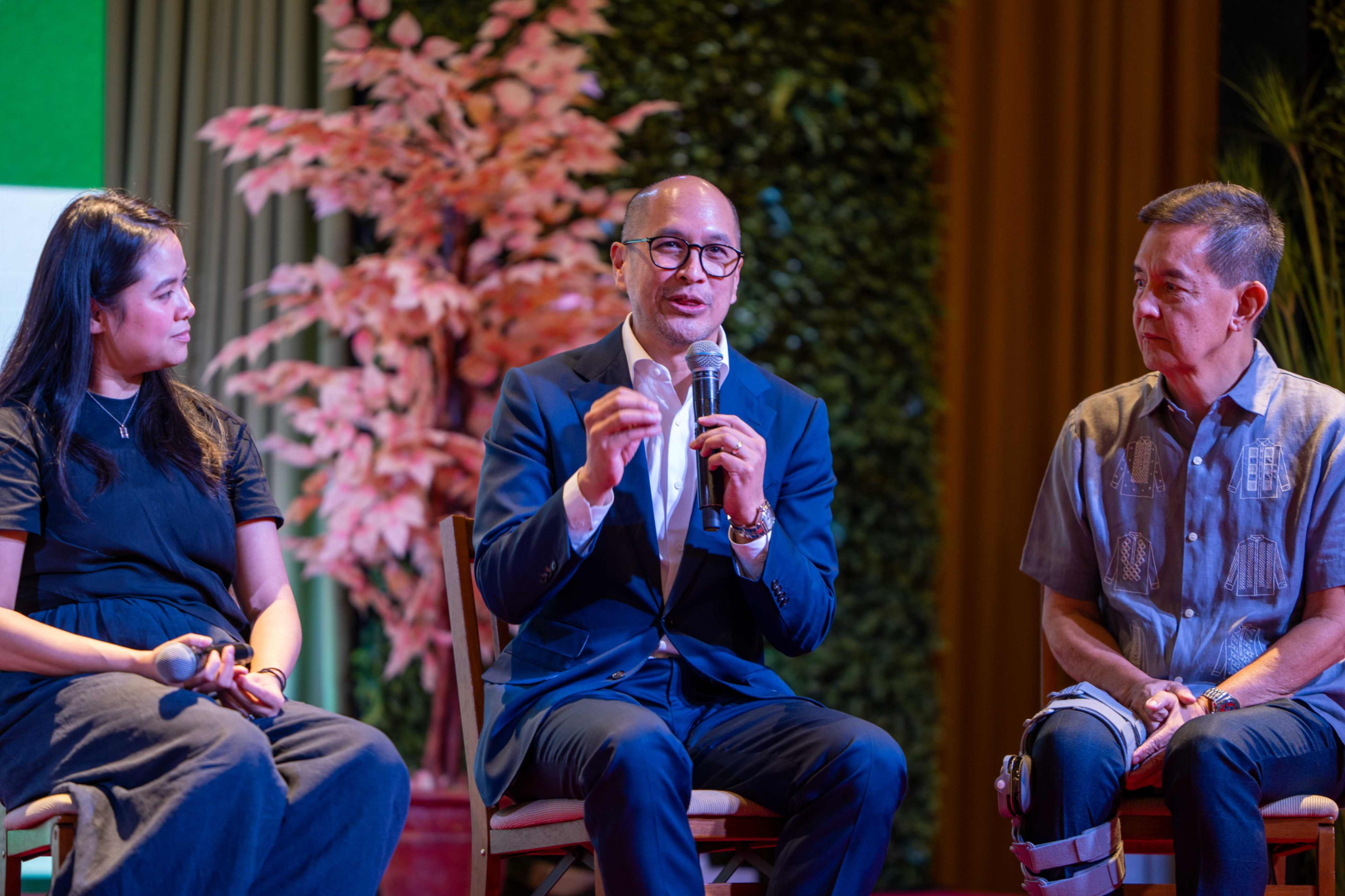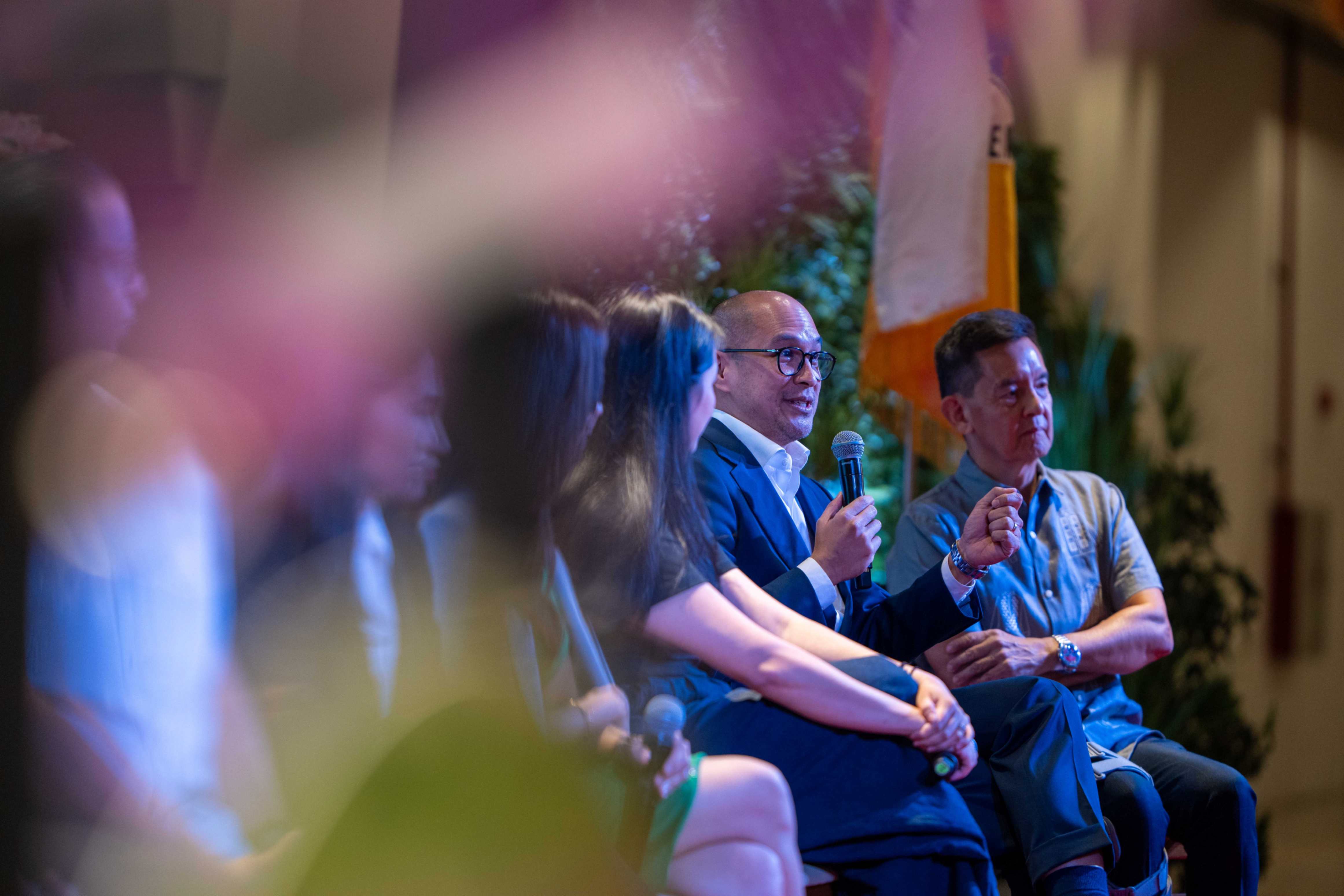Ayala Land's green foundations mark a sustainable journey
Ayala Land navigates challenges on its path to lead sustainable real estate development
Every step in property development impacts the environment. From land assessment to planning, construction, and even the daily operations of a finished property, emissions are released, affecting the landscape and contributing to climate change. Recognizing this, real estate developers like Ayala Land are taking action, understanding how crucial it is to reduce these environmental impacts at every stage of the development process.

To address these environmental challenges, Hans Lopez-Vito, head of brand experience and brand strategy for Ayala Land's residential, estates, and corporate group, explains how the company weaves sustainability into its business model through its core sustainability pillars.
In Ayala Land’s 2013 Materiality Assessment, the company identified key sustainability focus areas that still guide its efforts today. These include site resilience, resource efficiency, pedestrian mobility, and connectivity, and local economic development—ensuring that sustainability is not just a goal but a continuous commitment shaping its operations.

“The reality today is that the environment has changed. So as property developers, what we really need to do is ensure that we're strengthening the site itself to make it livable despite the challenges of climate change. It rains frequently, and it’s also quite hot. We need to ensure that there are enough green spaces to absorb things like floodwaters,” said Hans.
He added, “We talked about vegetation, flora, and fauna. Endemic and local species are indeed crucial because they help maintain biodiversity. Accessibility and connectivity are also important—it’s vital that people can easily move around."

Ayala Land is committed to achieving net-zero emissions by 2050 through a range of decarbonization strategies, starting with renewable energy solutions. Currently, 111 of its commercial properties, accounting for 90 percent of its portfolio, are powered by sustainable energy. Additionally, the company has set aside 784 hectares across seven sites for carbon forests. From using electric vehicles in construction to incorporating low-carbon concrete, green steel bars, and glass fiber-reinforced polymers, Ayala Land is driving toward its net-zero goal.
The real estate developer’s com-mitment to sustainability comes with its fair share of challenges, particularly the high costs and tough trade-offs involved in its projects. For instance, while flattening hilly terrain could make construction easier and cheaper, it would have severe environmental consequences. Instead, it chose to preserve the natural landscape, understanding that long-term resilience outweighs short-term savings. Another challenge is communication; educating stakeholders about the depth of its efforts remains a work in progress, but Ayala Land embraces these challenges, believing that sustainability isn’t just for companies or the wealthy—it’s for everyone.

“The challenge with sustainability is that a lot of the truths of the things that we do are very technical. I'm a marketing person and the challenge really is how do we make sure that we appeal to people not just on a rational intellectual level but also on an emotional level. Because that's how to move people through emotions. So how do we sandwich our technical stories in very emotional stories so it matters more and more to people and it changes behavior. It's a work in progress and we need to keep working at that,“ Hans concluded.
The Manila Bulletin Sustainability Focus Session was held in collaboration with Ayala Land, Arthaland, AboitizPower, Megaworld Hotels and Resorts, RLC Residences, SM Development Corporation (SMDC), Shell, and the University of Santo Tomas.